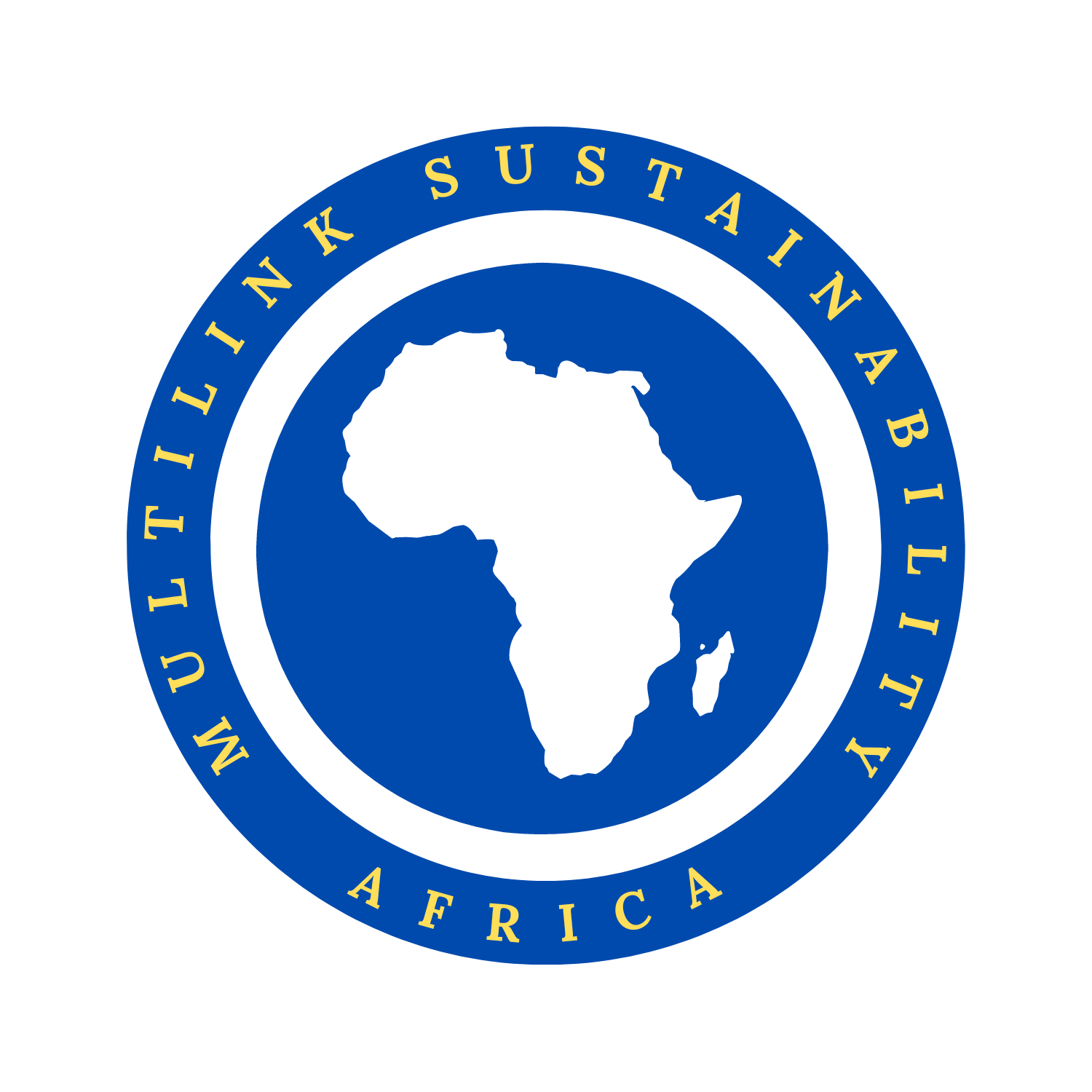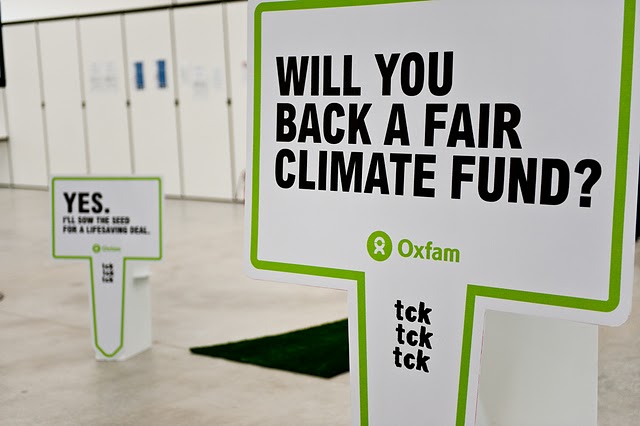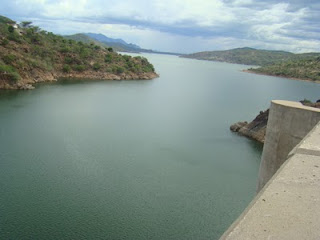The 14th session of the African Ministerial Conference on Environment, AMCEN came to a close today amidst intense lobbying by pan-african civil society movements and major groups for a renewed commitment to climate financing for adaptation on the African continent. The currently available climate financing mechanisms are non-binding and therefore most countries, especially Annex 1 countries, do not have to legally commit to it. According to Transparency international, the current climate finance mechanism models are not sustainable. The green climate fund has in particular been described as a shell, with very little money committed to it. Lack of transparency and public disclosure in decision making processes, Policy capture and undue influence from interested parties, Conflict of interest, Creative accounting and reporting , Double counting of emissions, Mismanagement of public resources are some of the issues highlighted as interferences to fully realizing the benefits of climate financing models under the United Nations Framework Convention on Climate Change, UNFCCC.
Indeed, financing for climate change has been turned into a political showdown and it is the hope of many, especially developing countries worst affected by climate change that the commitment made under the Durban Platform for Enhaced Action to ‘launch a process to develop a protocol, another legal instrument or an agreed outcome with legal force under the Convention applicable to all Parties, through a subsidiary body under the Convention will be realised so as to legally bind countries to climate financing.







